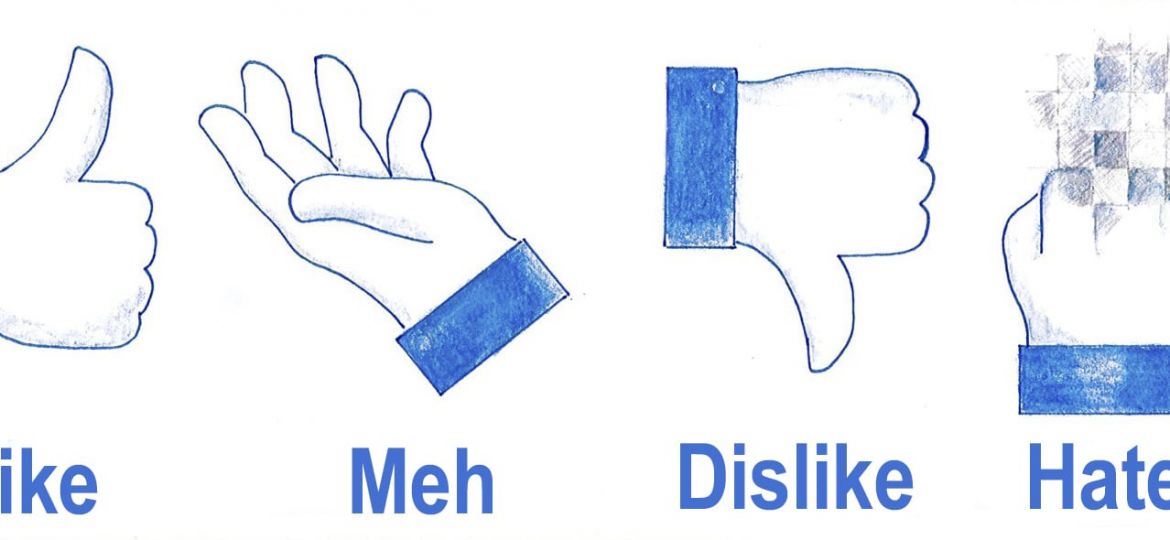
A recent update from Facebook CEO Mark Zuckerberg concerning the possibility of a new site feature has left me more skeptical of the social media platform than ever before. On Sept. 15, 2015 Zuckerberg announced that Facebook has diligently been working on a “dislike” button to incorporate into their website.
Zuckerberg’s reasoning for this addition has several dimensions, but largely focuses on giving Facebook users more than one possible reaction to friend’s posts on the site. Many users have requested such an addition because they feel that a number of emotions are evoked via Facebook posts, and that many times, simply “liking” a status, picture or article is not sufficient. In response, the new button is meant to convey empathy between Facebook users.
“If you are sharing something that is sad, whether it’s something in current events like the refugee crisis…or if a family member passed away, then it might not feel comfortable to ‘like’ that post. But your friends and people want to be able to express that they understand and…relate to you,” Zuckerberg said.
While the effort Facebook is making to convert virtual interaction to a more personal interaction is admirable, I only see this addition further derailing internet correspondence into a negative, stressful and toxic component of society. Social media has already contributed stress to the lives of all ages surrounding whether or not they will receive enough positive feedback online.
Now, not only do users have to worry about receiving sufficient “likes,” but will also be preoccupied with the horrific idea of receiving literal “dislikes” on what they choose to share. The use of social media as a constant, nagging measure of self worth (whether conscious or unconscious) is only going to escalate with this new feature.
In an attempt to deflect accusations of adding a tool that could be used to belittle to a site already rife with bullying, Zuckerberg said, “People aren’t looking for an ability to down vote people’s posts. What they really want, is to be able to express empathy. Not every moment is a good moment, right?”
While it’s true that not every status update can logically be “liked,” it is not too difficult to negate Zuckerberg’s idealistic view of Facebook users. Granted, not everybody logs on to the site in an attempt to bring down other users. However, social media bullies are a legitimate aspect of sites like Facebook. I think the suppression of cyber bullying should be regarded as a higher priority than a potential range of emotional responses available when it comes to such a widely used forum.
In our society we are constantly searching for ways to progress, to meet needs and to make more money. While these are all valid goals, it would be both neglectful and selfish to sacrifice human peace-of-mind and self-confidence for a simple (and slightly irrelevant) convenience. Social media already causes so much anxiety, and whether the upcoming Facebook feature is implemented to represent empathy or general dislike, it will likely encourage online cruelty.
Empathy is important, but preventing cruelty even more so. No matter how well-intentioned, buttons that represent alternate emotions can (and will), be twisted, feelings will be hurt and the number of people seriously affected by the tolls of social media will grow.

